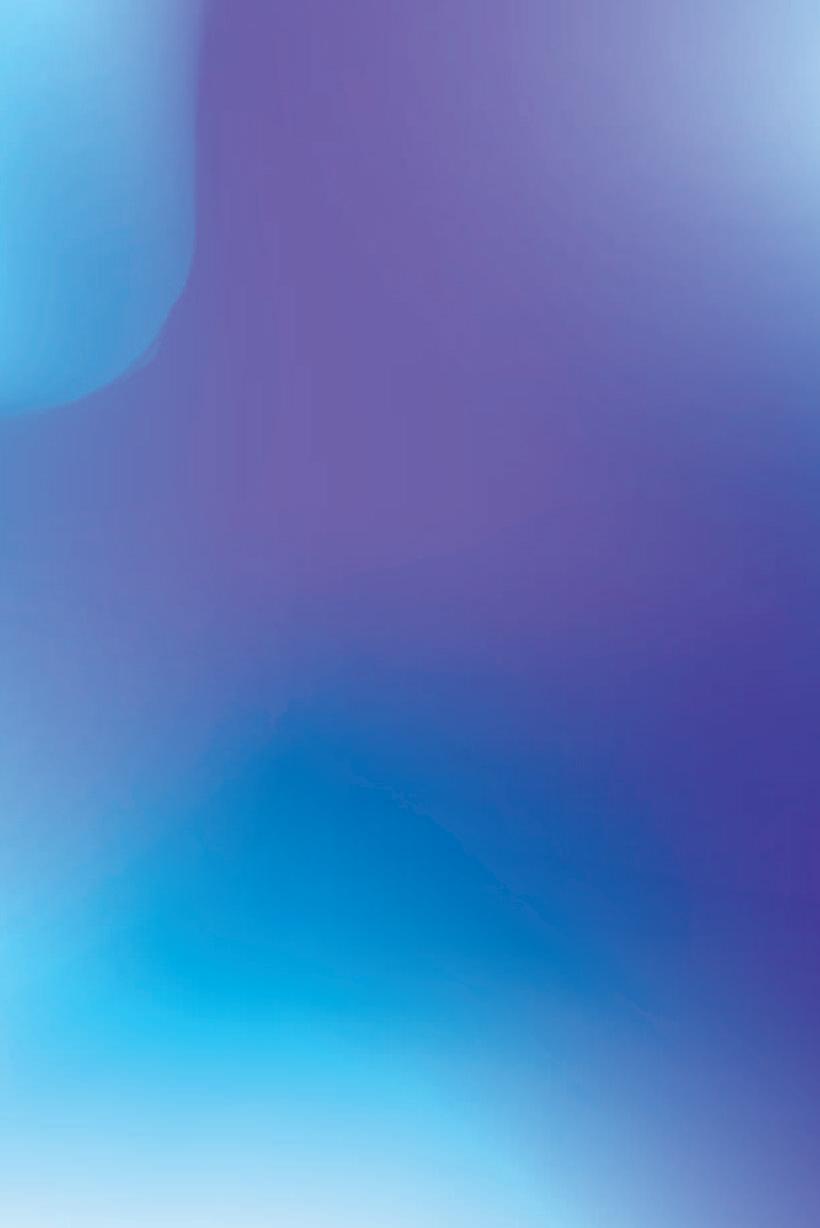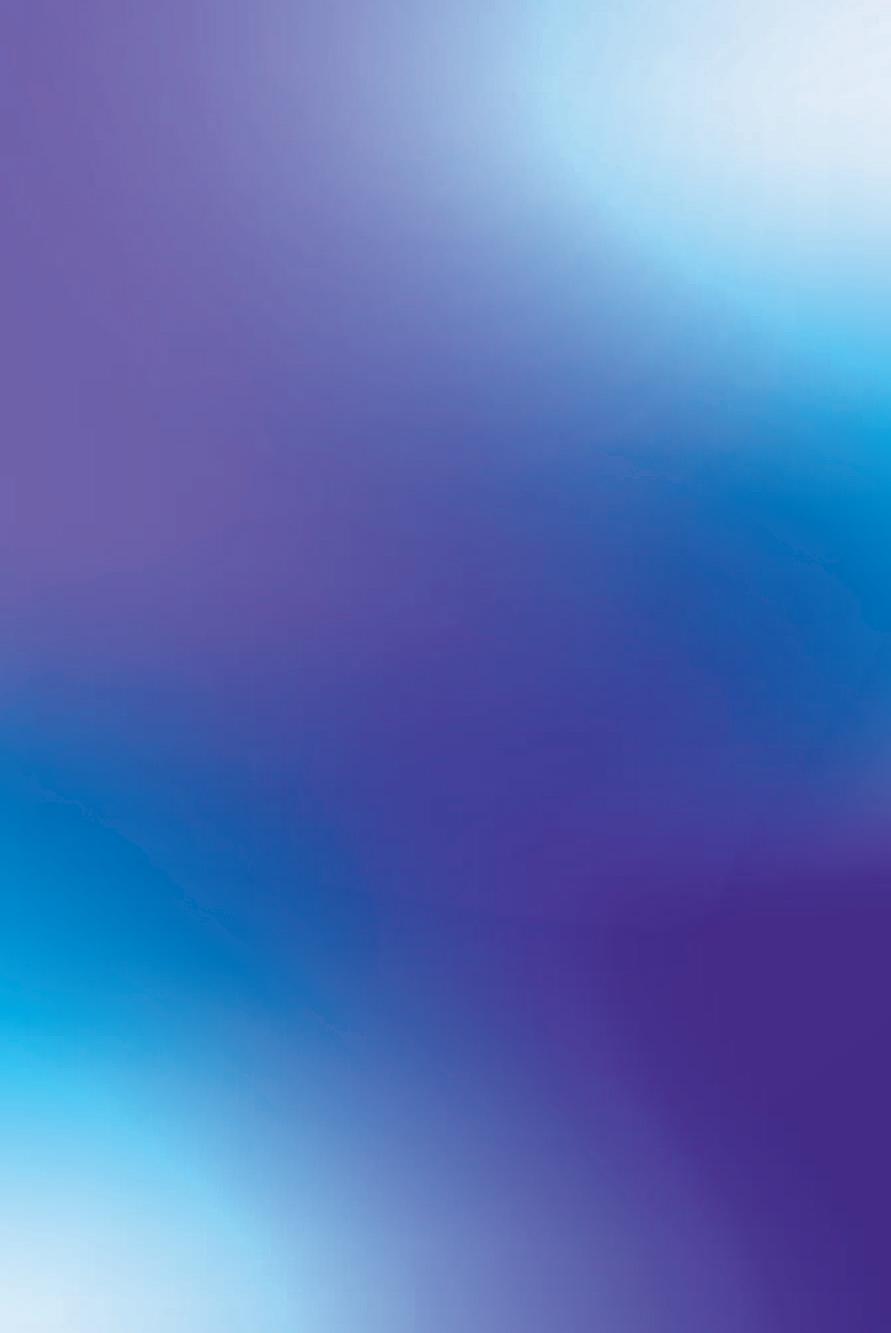
7 minute read
NOSTALGIA AND POP CULTURE
VIVIAN DOBBIE-GLAZIER
Pop culture didn’t die in 2020. It levelled up with nostalgia.
Advertisement
While the structures of power crumbled around us, we locked down and looked back.
Borat 2. Community Zoom reunion. Cottage-core. After Hours. Pokémon cards. Skateboarding while listening to Fleetwood Mac’s ‘Dreams’ and drinking cranberry juice.
Sounds and visuals trigger memories within the hippocampus that reward us with warm and fuzzy feelings. Re-watching The Office in 2020 makes one yearn for a time when they were watching the show in less unprecedented times. Nostalgia is all about cutting to the core of one’s identity and allowing the past to become a safe space to cope with the now.
Time travel without consequences.
The past is a valuable commodity and marketing tool for popular culture and entertainment and that value has only increased in 2020. Repackaging and selling something that the majority remembers fondly is a sure-fire way to make bank. Nostalgia, after all, helps promote an array of positive responses. Who wouldn’t want an ounce of that serotonin? So, when the entertainment industry is halted by a highly contagious disease that has spread across the globe – where else was there to turn but the past?
It’s safe to say that the bond between popular culture, entertainment and nostalgia will not be breaking up any time and will continue long into the future thanks to 2020. But when does popular culture of the future look back on the “good ol’ days” of 2020?
A common answer lies within communing with the ghost of pop culture’s past and its
relationship with impactful world events.
Let’s turn the clock back to December 31, 1999. The Y2K Bug is threatening to crash every computer on the planet and plunge society into a millennium of chaos. Instead, the new year comes and goes and worldwide hysteria doesn’t come to fruition as first-thought. Now, Y2K exists within popular culture through fashion trends consisting of styles popular at the time and an early 2000’s cultural obsession with technology. Something once feared is now repurposed into a ‘vibe’ on the timeline. Y2K now feels like a simpler period when the only worries were about chunky computers not being able to change its internal timepiece.
The clock winds further back. It’s now the late 1960s and early 70s as the Vietnam War televises the atrocities of war around the world. This is an era marked by protests against the establishment and advocacy for social change as the threat of 1980s conservatism and capitalism looms menacingly in the distance. Films like Trial of the Chicago Seven and Da 5 Bloods released in 2020 used this era in history as a backdrop to explore the issues that are still around today. While its place in popular culture adopts the music and fashion, it’s the core issues that are revisited and put under the microscope of a modern context.
It can be easy to be cynical and dismiss nostalgia and its relationship with popular culture as nothing more than lazy profiteering. However, it was during last year that looking back gave us some form of stability when everything was unstable. Finding a common ground and taking stock when the rug is pulled out from underneath helps us make sense of things to tackle and explore the problems of now. As that famous quote goes, “those who don’t know history are doomed to repeat it”.
So, what does a 2020 nostalgia wave look like in the future? Perhaps it looks like a rise in painted face shields as a form of self-expression. Maybe everyone is streaming the next instalment in a Chernobyl-like mini-series about a government struggling to deal with a network of COVID conspiracy theorists over a series of Zoom meetings.
However it manifests, a 2020 nostalgia wave will arrive when the future needs to make sense of the issues they’re facing.

REPRESENTATION OF TIME IN CINEMA
MOLLY MAGENNIS
One of my favourite aspects of film is the way the director is able to manipulate time in order to tell a story. Time has no boundaries in film, it can exist in its linear form, or be split up into multiple different timelines. Characters can time travel, stories can be presented on multiple timelines and events that happened in the past or future can be revealed to the audience at any stage. The possibilities are endless, and this is why I love when films play around with time - it always makes for such a compelling viewing experience.
Below I have collated a small list of my favourite films which I believe explore time in an original and skillful way. Hopefully, there are some you have never heard of, and if any spark your interest, I implore you not to go to Google but rather to go watch these films completely blind. 12 MONKEYS — TERRY GILLIAM (1995)
In my opinion, 12 Monkeys remains one of the most underrated movies of the last 30 years. This film stars Bruce Willis and Brad Pitt, and I had never even heard of it until I stumbled upon it on a streaming service a few years ago and decided to give it a go.
12 Monkeys is a science fiction film centered around time travel. In the future, the world has been ravaged by a deadly virus, and convict James Cole (Bruce Willis) is sent back in time to gather information about the man-made virus which killed most of those living on Earth.
Of all the films portraying the (sadly still) farfetched idea of time travel, 12 Monkeys is definitely up there with my favourites. This film is full of mystery, intrigue and beautiful twists and turns, and features superb acting by both Brad Pitt and Bruce Willis. It definitely deserves a spot on your ‘need to watch’ list.
@MOLLYMAG3
GROUNDHOG DAY — HAROLD RAMIS (1993)
This article about films and time cannot exist without mentioning this 90’s classic. Groundhog Day is so iconic, its title is now a well-known phrase used in the everyday English language.
Groundhog Day follows Phil Connors (Bill Murray), a pessimistic weatherman who has been sent to cover the annual Groundhog Day in Punxsutawney, Pennsylvania. After spending a day there, he awakes to find he is trapped in a time loop where he has to relive the same day repeatedly.
The possibilities are endless when you get the chance to relive the same day over and over, and at first, Phil does not take this opportunity for granted. Until, as you can imagine, it eventually becomes not so fun anymore.
Groundhog Day spurred a whole new genre of film, the ‘I’m repeating the same day over and over again until I learn an important lesson’ kind of film. Although, these inspired films have never lived up to the original (eg: Before I Fall and Happy Death Day).
This film is hilarious, entertaining and heartwarming, and a perfect representation of what it would be like for any human being to be put into this kind of situation. MOMENTO — CHRISTOPHER NOLAN (2000)
Guy Pearce stars as the lead, Leonard, in this psychological thriller, who suffers from a form of amnesia which causes short term memory loss every 15 minutes. He is on the hunt for the man who killed his wife, which is the last thing he actually remembers and uses polaroids and
tattoos to keep track of the information he can’t remember.
Christopher Nolan presents Memento on two separate timelines, scenes in black and white present events which are shown chronologically, and scenes in colour are events happening in reverse order. I shall say no more to mostly avoid serious spoilers, but also to avoid absolute confusion.
This tale could easily be shown in chronological order, but it just would not be the same. Leonard’s amnesia allows Nolan to play around with the timeline, having the audience see events play out in an unconventional and unique way.
Nolan is no stranger when it comes to playing around with the construct of time, with films such as Interstellar, The Prestige and most recently Tenet. While those films are all fantastic, Memento still remains my favourite of the bunch.
DONNIE DARKO — RICHARD KELLY (2001)
I remember the first time I watched Donnie Darko. I recall the film ending and sitting there thinking, “What the heck did I just watch?” I was confused but in awe at the same time.
The film follows Donnie (Jake Gyllenhaal), a teenage boy with a bit of a difficult past, who narrowly escapes death due to a freak accident. Following this event, he is plagued with the visions of Frank, a man in a rabbit suit, who informs him the world is going to end in 28 days.
Unfortunately, I can’t really describe how Donnie Darko represents and distorts ‘time’ as it will definitely spoil the film and I really do not want to do that. Donnie Darko is the absolute best on the first viewing and I would not want to ruin that experience for anyone.
I would definitely recommend you take a chance on this cult classic, and I’d suggest you keep your eyes peeled for a few very young famous faces in the background (there’s more than you think!)

12 MONKEYS (1995)









